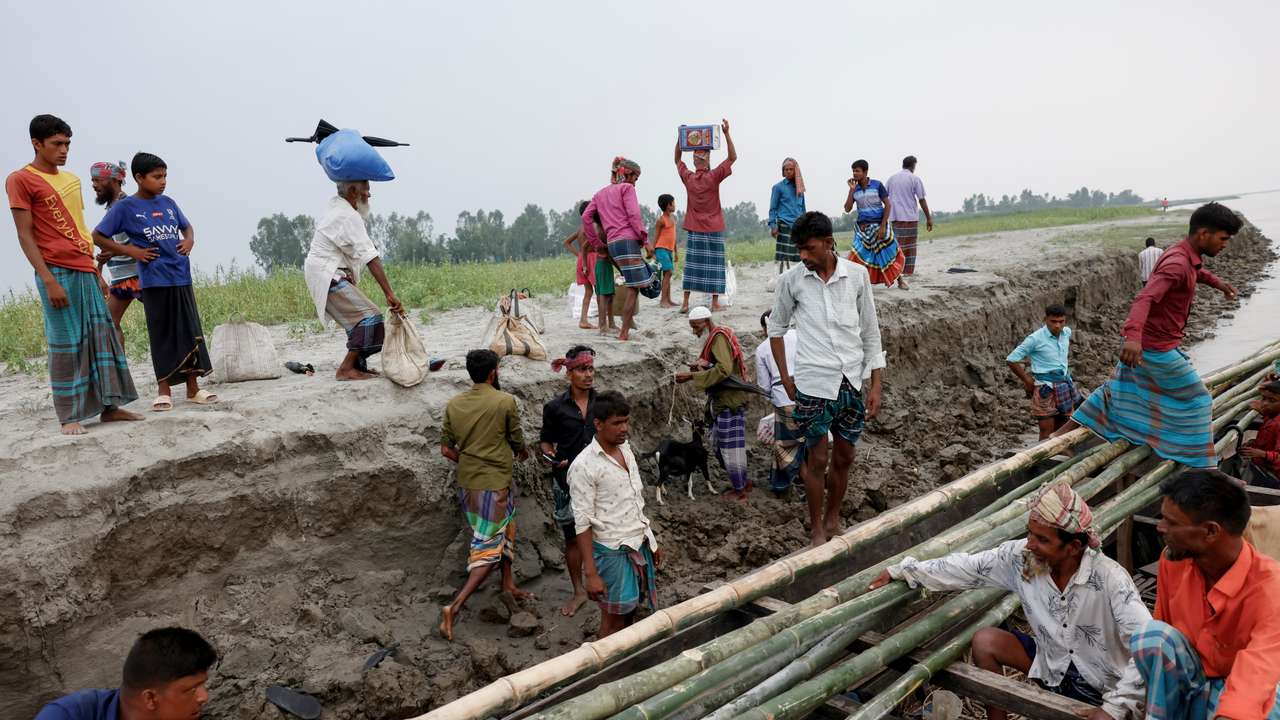Bangladesh Roundup: Political rifts deepen, referendum tensions rise, July Charter faces new hurdles

Dispute over July Charter
Bangladesh’s interim government is under pressure as political parties continue to clash over the July National Charter, a framework meant to guide the country’s transition. The rift has widened over how and when a national referendum on the Charter should be held. Despite repeated calls for unity, the stalemate threatens to delay vital reforms and further test the credibility of the interim administration.
Government faces test as parties spar over referendum timing
The government’s biggest test now lies in navigating growing partisan tensions. Several political parties are unwilling to compromise on the referendum’s timing, accusing the interim government of trying to dictate the process. Officials, however, warn that if talks fail, the government may move ahead unilaterally to keep the transition on track. Analysts suggest that such a move could spark political unrest at a sensitive time for the nation.
Can political parties reach an agreement through discussion? What history says
Observers remain sceptical that the warring political camps will voluntarily engage in meaningful dialogue. Historical precedents show that major political agreements in Bangladesh have often required mediation or external pressure rather than self-initiated consensus. Political scientists argue that unless this dynamic changes, the July Charter dispute risks becoming another protracted impasse in the country’s democratic evolution.
Is the July Charter drive losing its way?
Efforts to secure broad-based agreement on the Charter appear to be faltering. Major parties have refused to participate in government-led discussions, accusing the administration of lacking transparency. Critics worry that the government’s top-down approach and political brinkmanship are eroding public confidence in what was supposed to be a unifying reform process. Without renewed dialogue, the Charter’s legitimacy could come under question both domestically and internationally.
Cabinet likely to take up issue in next meeting
In a bid to break the deadlock, the interim government plans to bring the July Charter and referendum timeline before its advisory council at the next cabinet meeting. The move signals that officials are aware of the growing urgency but remain divided on the strategy. Political analysts believe the cabinet’s decision could determine whether the country moves toward reconciliation or sinks deeper into political uncertainty.
This story is written and edited by the Global South World team, you can contact us here.